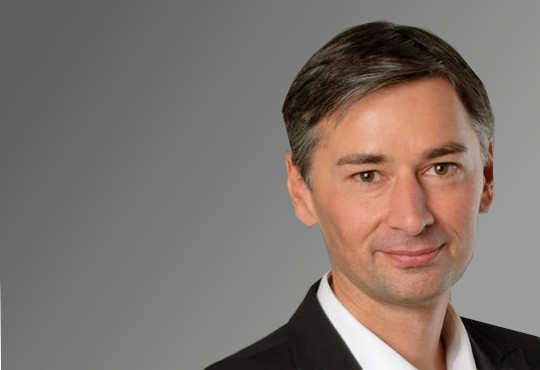Azat Khuziyakhmetov studierte Angewandte Mathematik und Informatik an der Staatlichen Universität Moskau, setzte seinen Masterstudiengang Internet-Technologien und Informationssysteme (ITIS) an der Universität Göttingen fort und schloss mit der Masterarbeit "Anomalieerkennung der GPU-Nutzung mit neuronalen Netzen" ab. Er arbeitete als Softwareentwickler und Administrator. An der Universität Göttingen war er an der Lehre der Kurse „Algorithms for Programming Contests“ und „Parallel Computing“ beteiligt. In der GWDG war er am Projekt ProfiT-HPC beteiligt. Arbeitet derzeit im DLR-Team und verwaltet mehrere HPC-Cluster.
Kompetenzen:
- DLR
- Administration
- Monitoring



